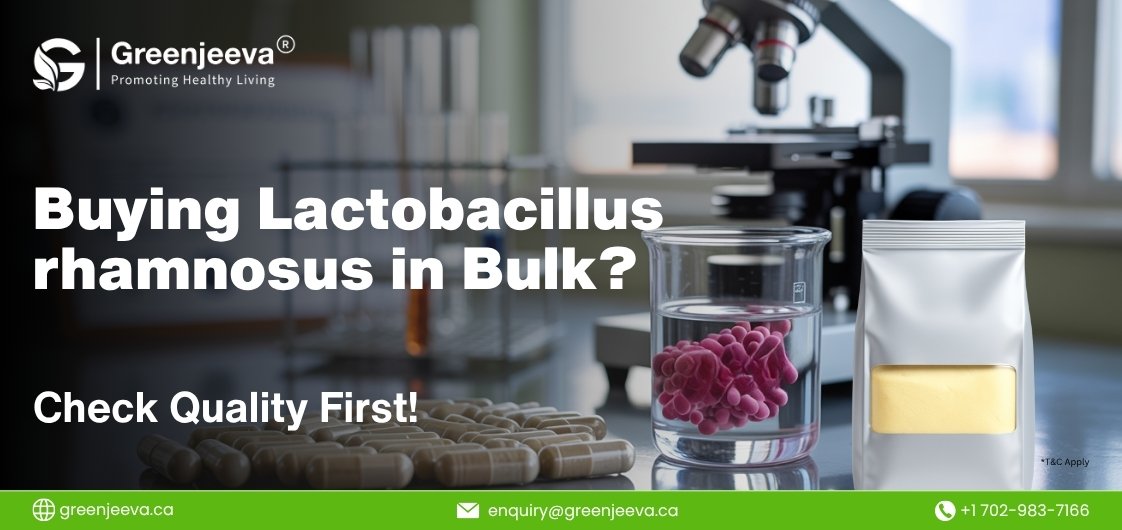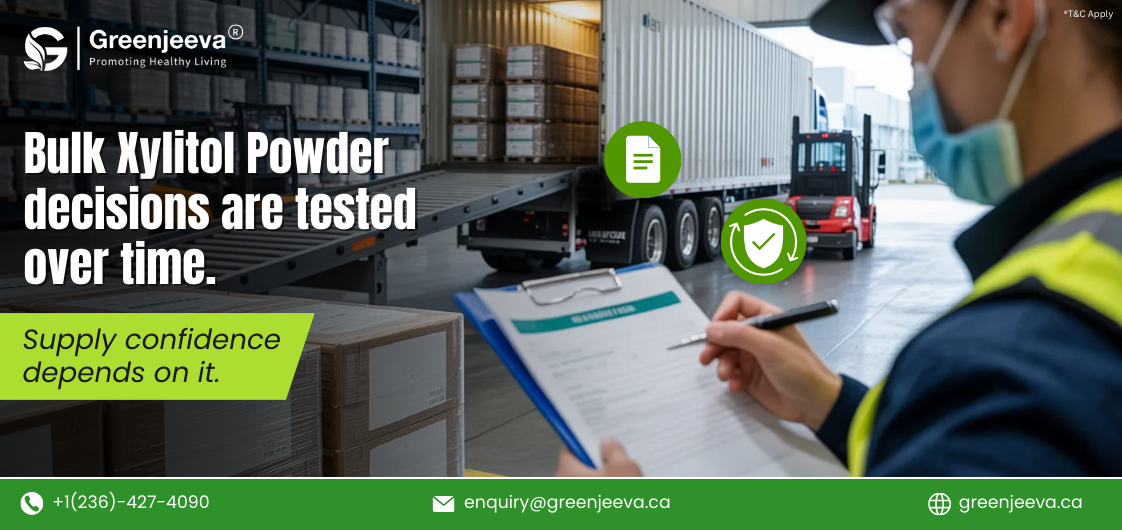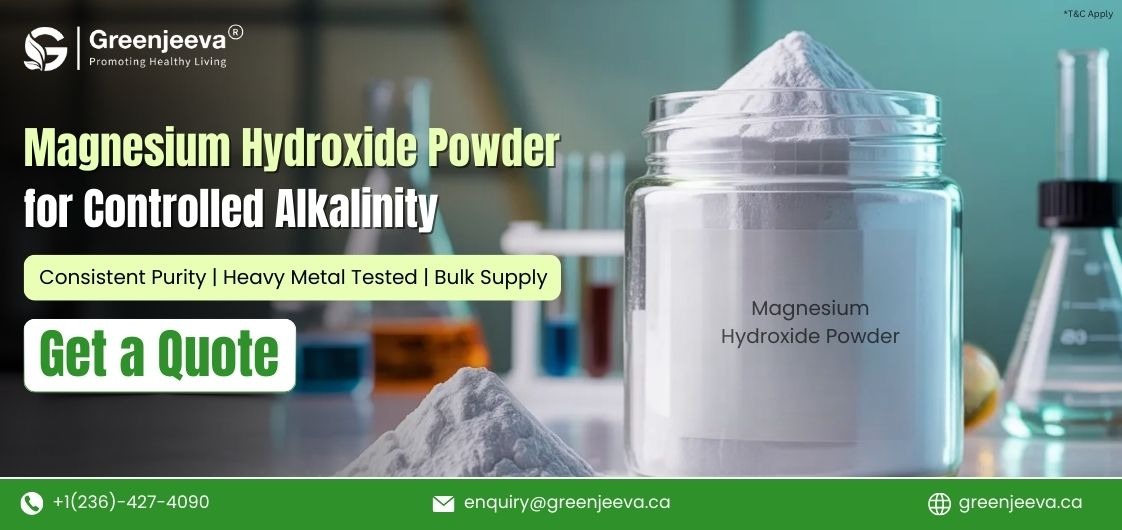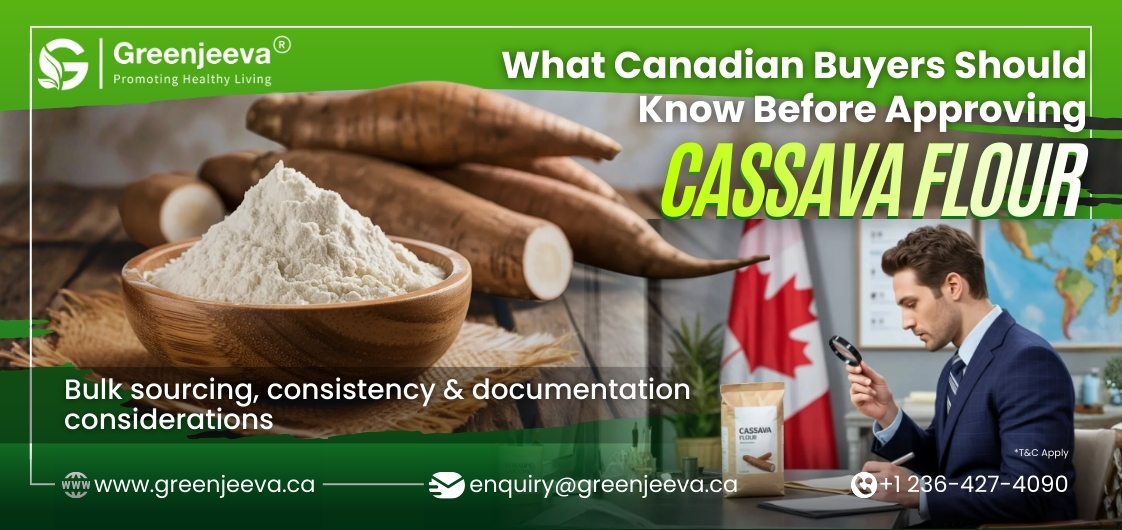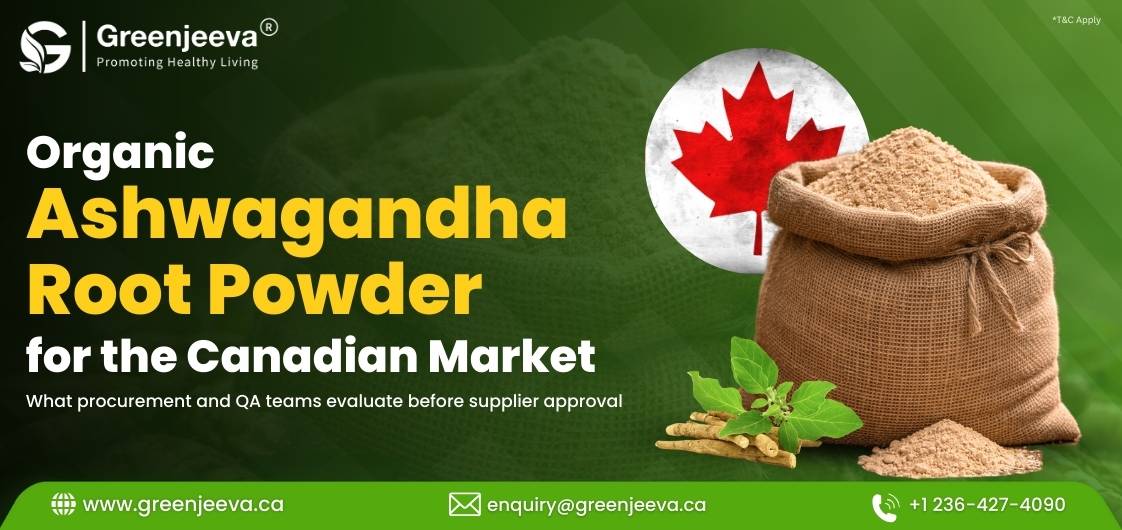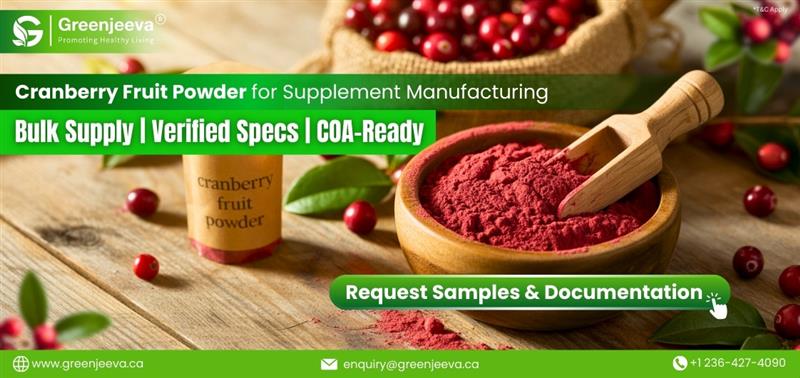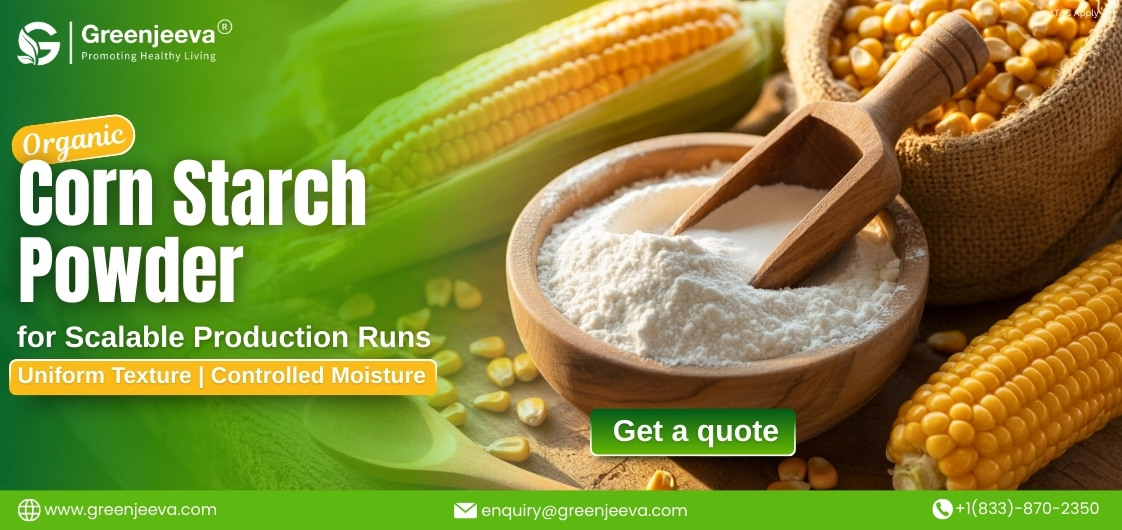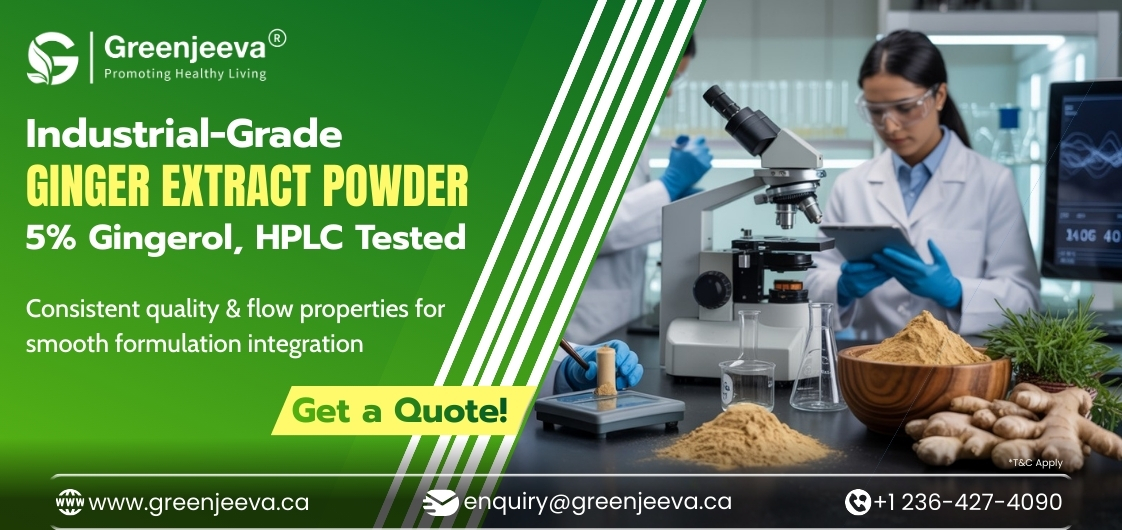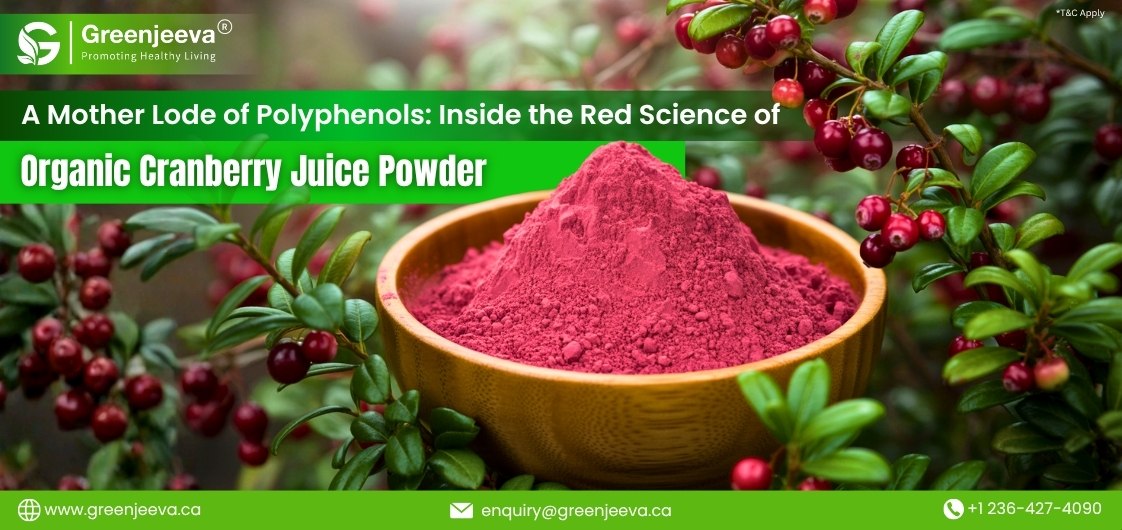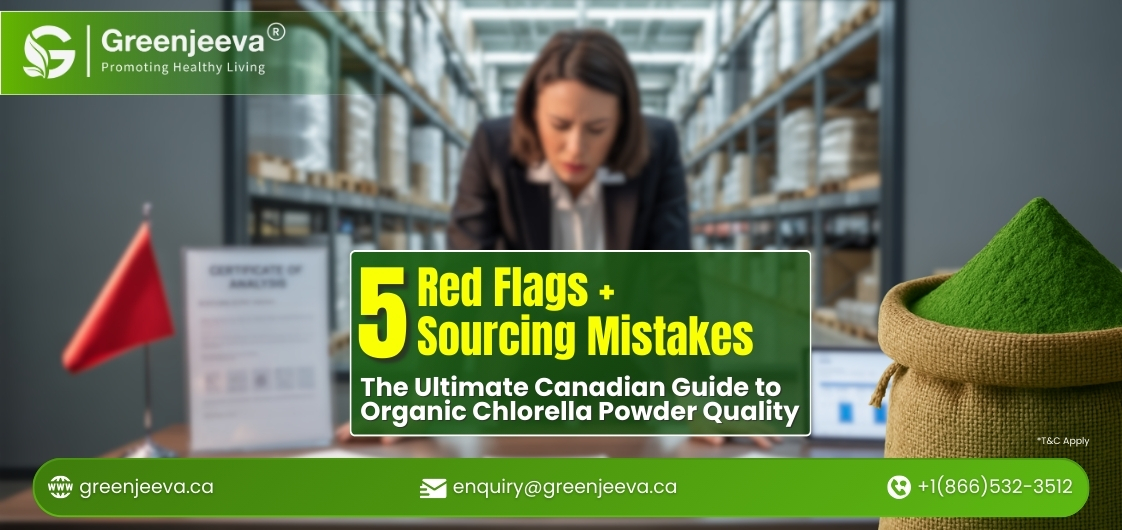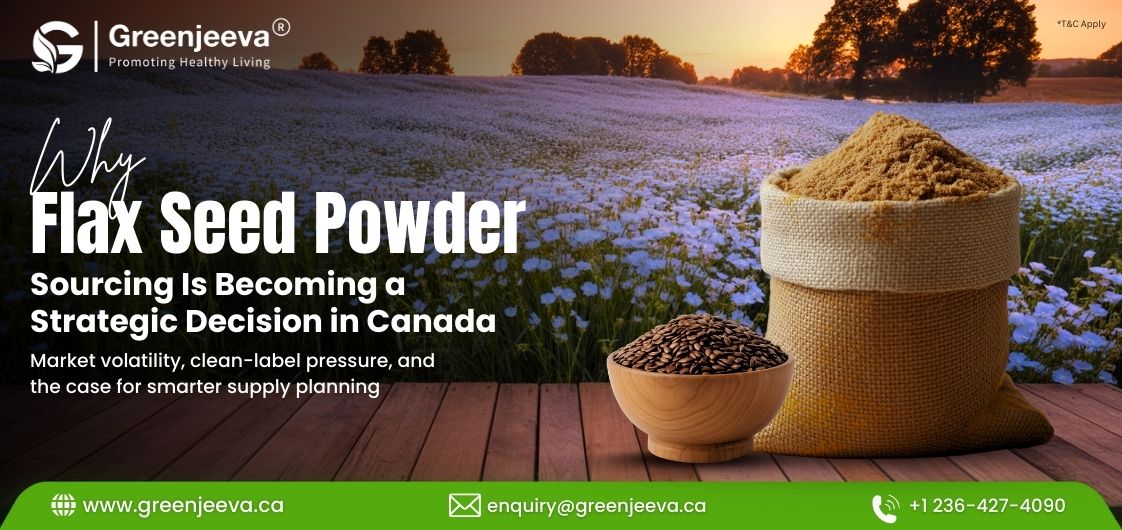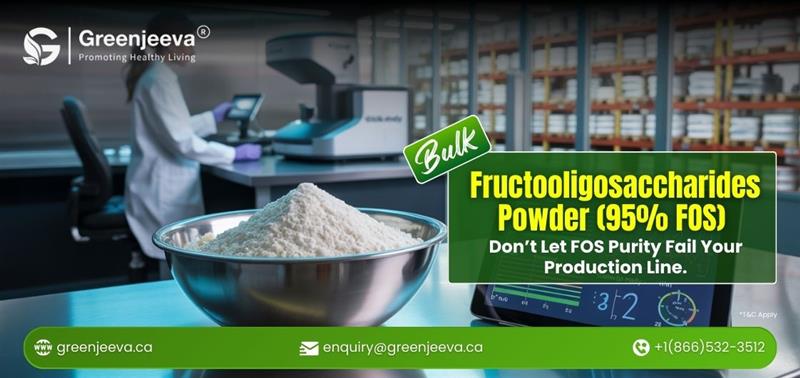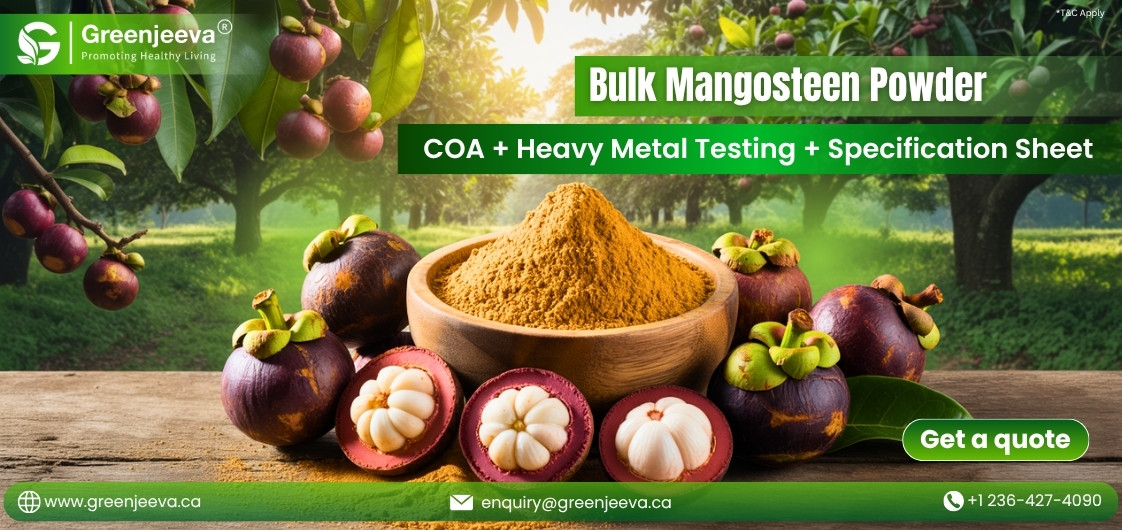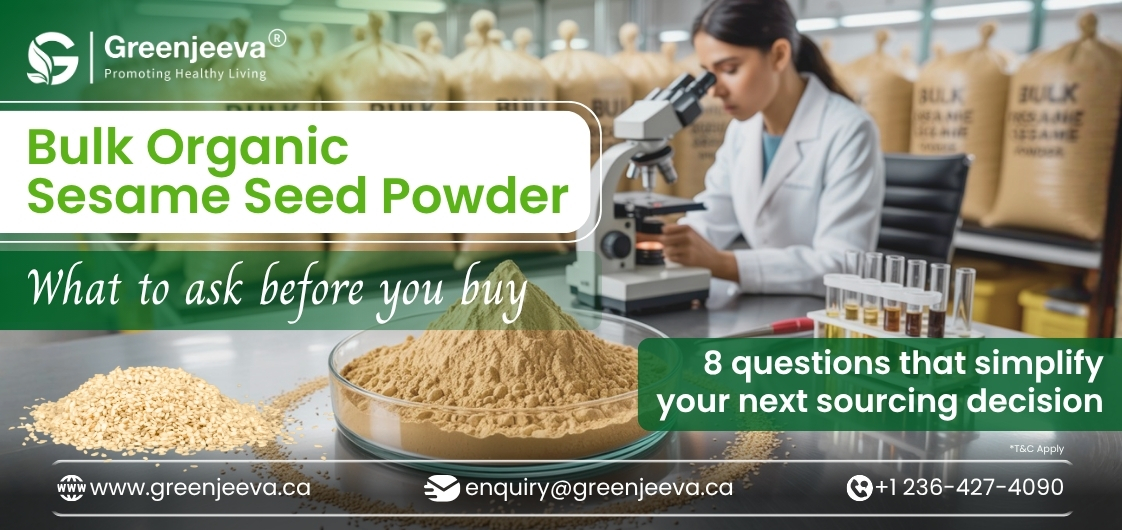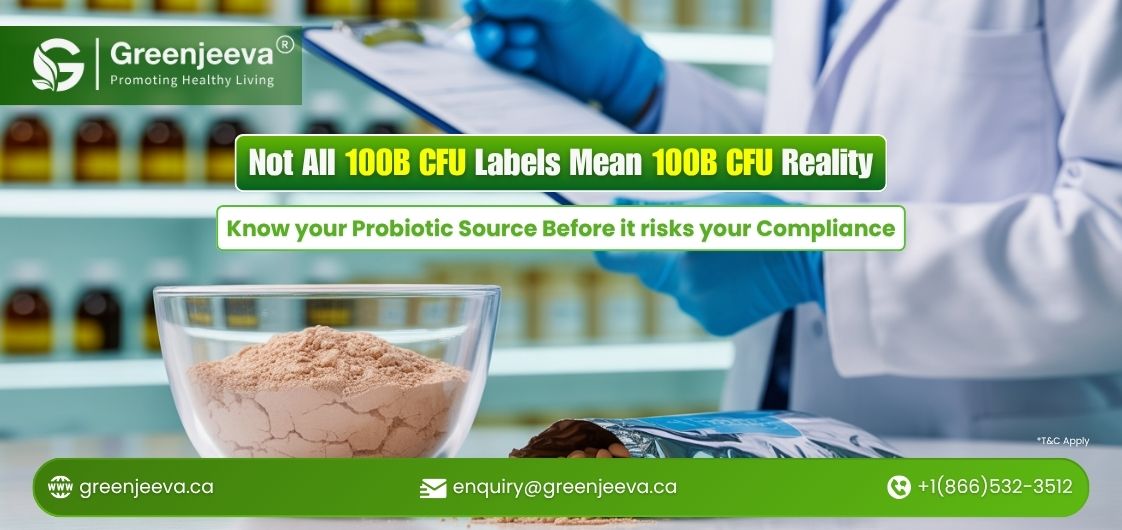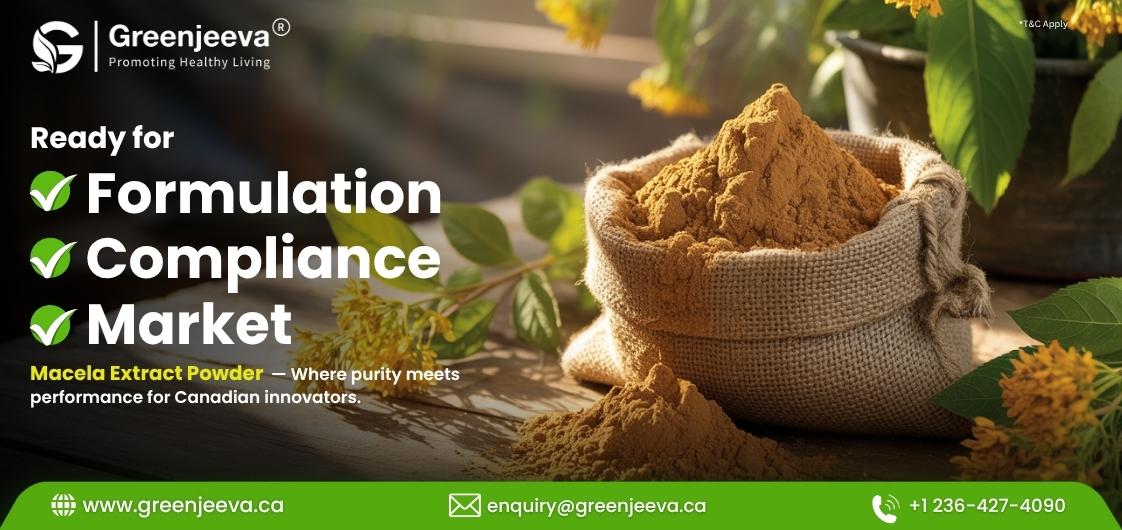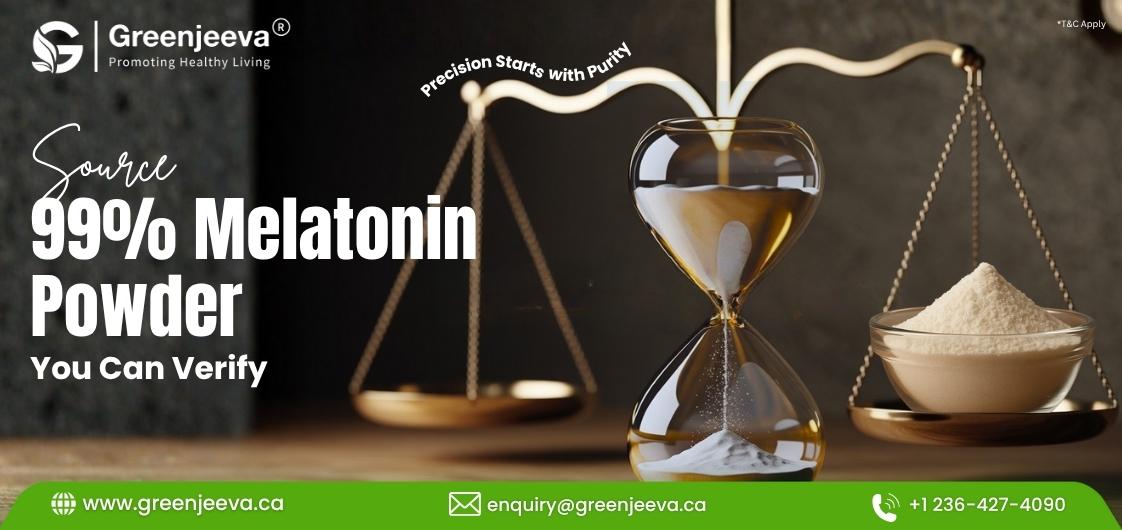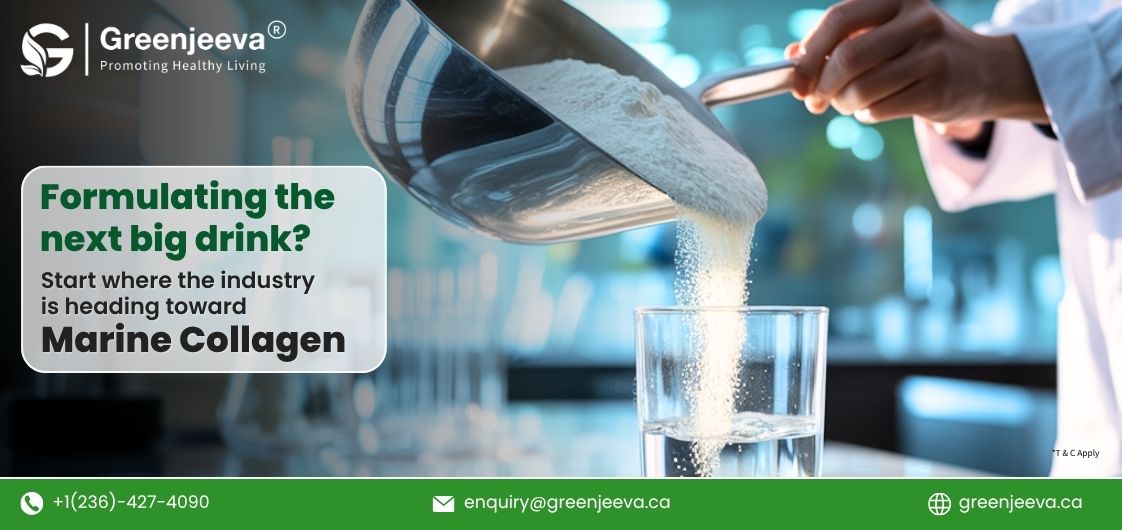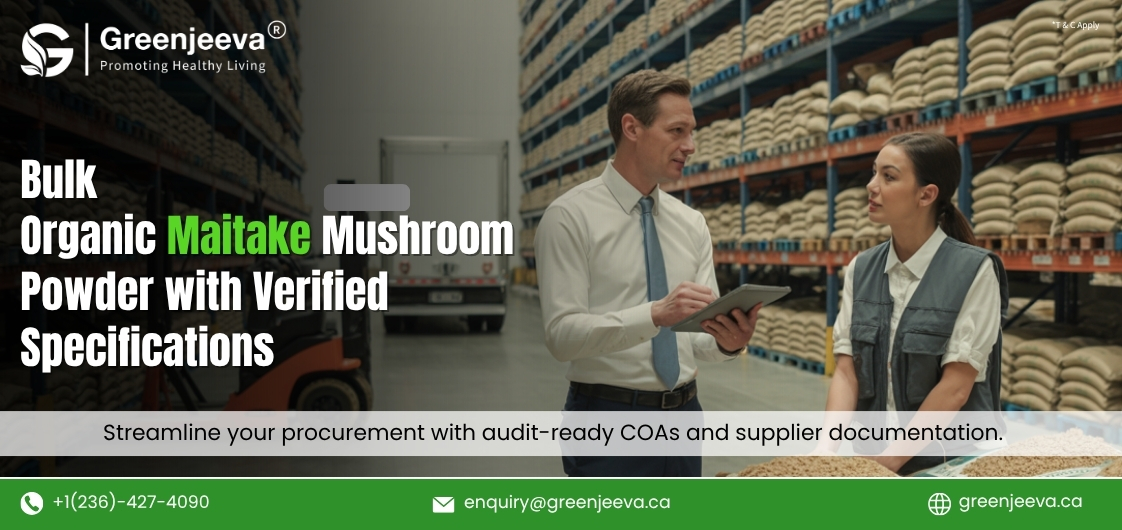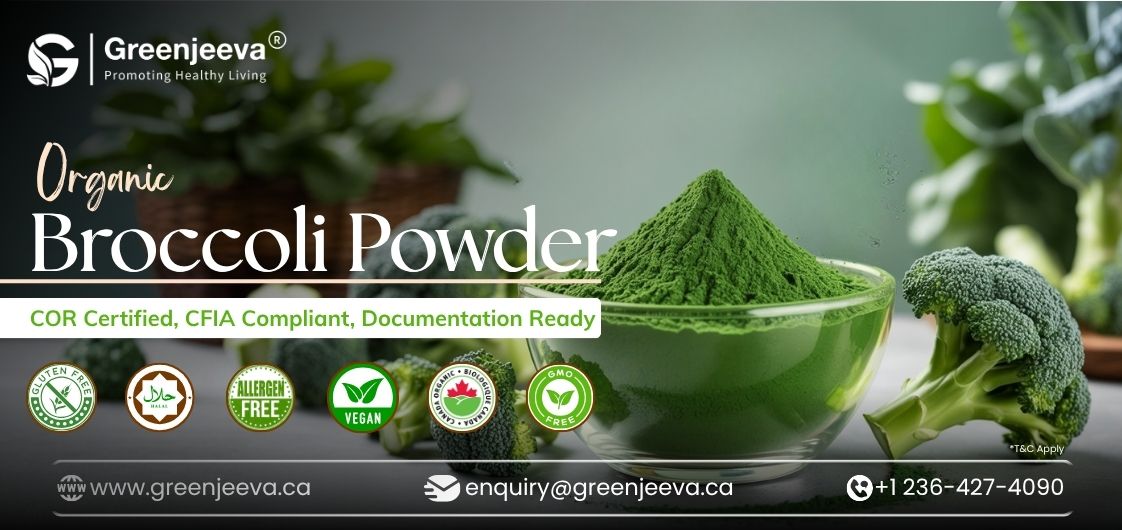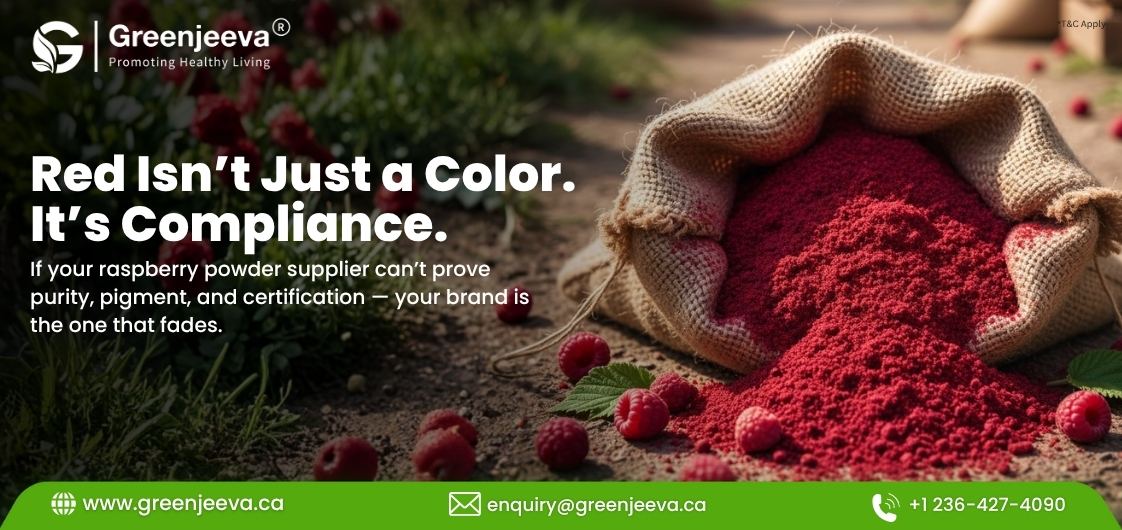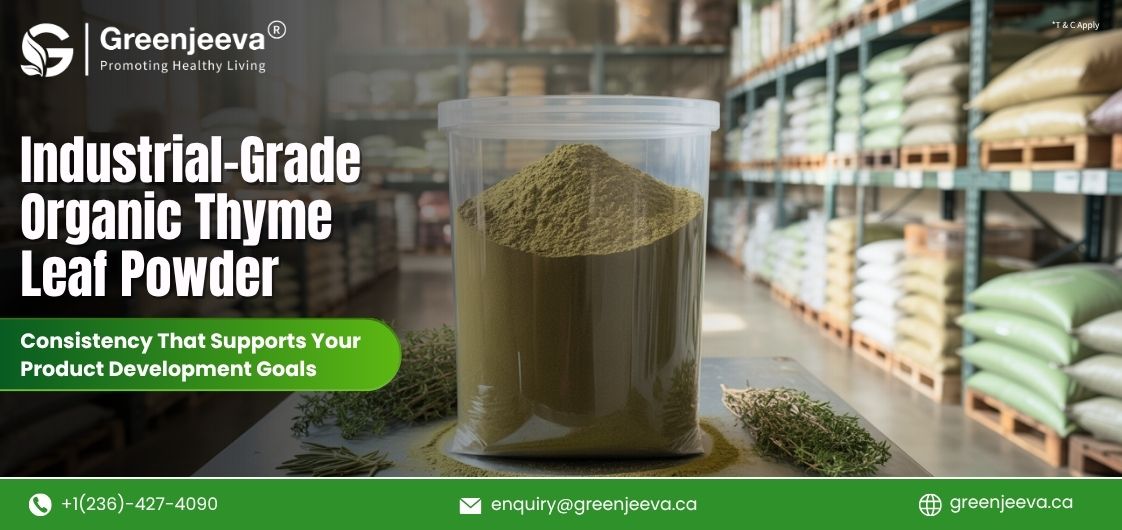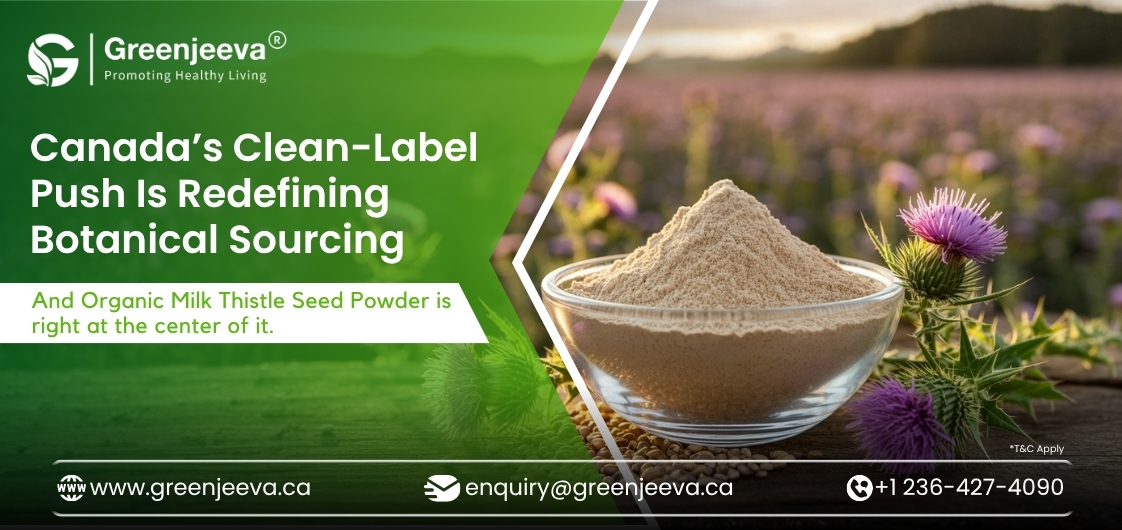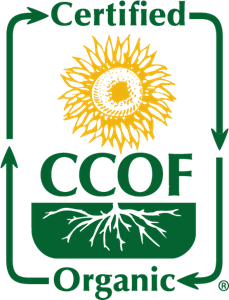If you’re a sourcing manager, R&D lead, or formulator in the nutraceutical industry, you’ve probably seen the rising demand for clean-label probiotic ingredients. Among them, Lactobacillus rhamnosus stands out — a trusted, versatile strain widely used in functional foods and supplement formulations.
In B2B bulk sourcing, potency matters. A 200 Billion CFU/G probiotic powder offers concentrated viability, making it ideal for formulations where efficacy, stability, and shelf life are crucial. But buying in bulk isn’t just about picking a potency number off a spec sheet — it’s about making an informed decision that protects your brand’s quality and reputation.
In this blog, we’ll explore the 7 key things every buyer must know before placing a bulk order for Lactobacillus rhamnosus 200B CFU, so you can secure a compliant, high-quality ingredient that works for your formulation and your market.
What Does “200 Billion CFU/G” Mean in Probiotic Sourcing?
CFU Explained — Colony Forming Units and Potency Relevance
CFU, or Colony Forming Units, is the standard measure of viable microorganisms per gram. In the context of Lactobacillus rhamnosus powder, 200B CFU/G means that each gram contains at least 200 billion live cells at the time of manufacture. This figure directly affects the dosage required in your formulation.
How Potency Affects Shelf Life and Performance in Finished Products
High potency means you can use smaller amounts to achieve your target CFU per serving, leaving more room in your formulation for other functional ingredients. However, CFUs naturally decline over time, so initial potency helps maintain label claims through shelf life. Your supplier should provide stability data showing expected CFU counts at different time points and storage conditions.
How to Verify the Quality of Bulk Probiotic Powder
Third-Party Lab Testing & COAs
Never rely solely on a supplier’s marketing claims. A credible bulk probiotic supplier will provide a Certificate of Analysis (COA) verified by an accredited third-party lab. This document should confirm CFU count, microbial limits, and compliance with your target market’s regulatory standards.
Key Microbial and Contaminant Tests to Request
At a minimum, request results for Total Plate Count (TPC), Yeast & Mold, E. coli, and Salmonella. Heavy metals testing is equally important for compliance and safety. If your product will be marketed as clean-label, ensure the results show no irradiation or ethylene oxide treatment.
Why Clean-Label and Allergen-Free Certification Matters
Non-GMO, Allergen-Free, and Vegan Claims
Modern consumers expect transparency. For food, beverage, and nutraceutical brands, sourcing Non-GMO, allergen-free, and vegan probiotic powders has become the standard. Bulk buyers should ensure their Lactobacillus rhamnosus meets these requirements and that documentation is available to support label claims.
How Certifications Impact Regulatory Clearance
Certifications such as USDA Organic, Kosher, and Halal can significantly speed up compliance approvals in certain markets. They also give you a competitive edge when selling to clean-label–driven consumers. Confirm that your supplier can provide valid, up-to-date certificates on request.
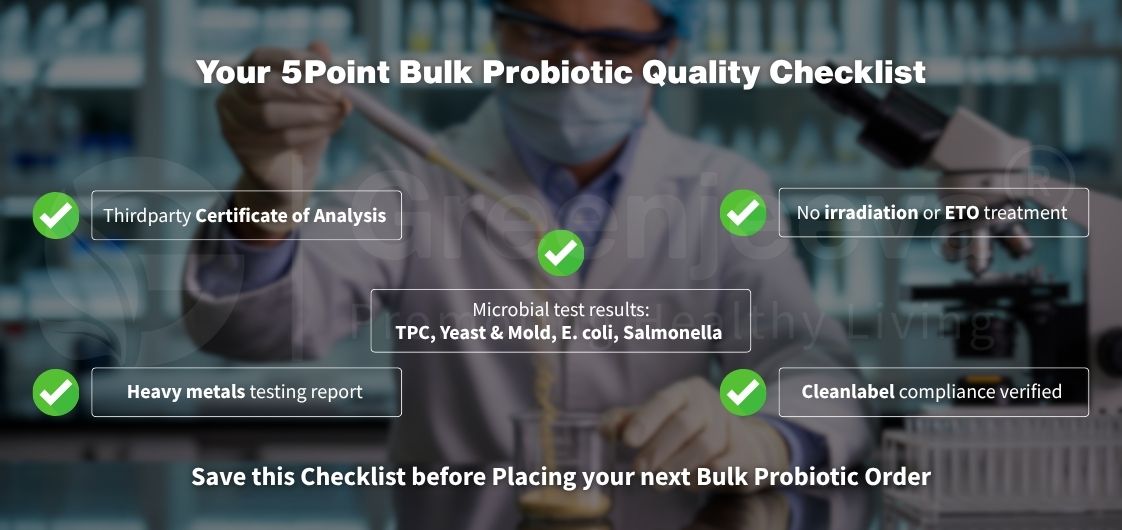
What Compliance Documents Should You Expect from a Supplier?
COA, MSDS, Allergen Statements
A reliable probiotic ingredient supplier will readily provide:
- Certificate of Analysis (COA)
- Material Safety Data Sheet (MSDS)
- Allergen Statements
These documents are critical for regulatory filings, quality audits, and ensuring traceability.
Country of Origin & Regulatory Alignment
Ask for country-of-origin documentation and verify that the ingredient meets US FDA or Health Canada guidelines depending on your market. This step is especially important for export-ready formulations and ensures smoother customs clearance.
How Bulk Pricing Works for Probiotic Ingredients
Volume-Based Price Breaks
In probiotic ingredient sourcing, price typically drops as order quantity increases. Discuss pricing tiers with your supplier — for example, 1 kg, 5 kg, 10 kg — and weigh them against your projected production volumes to optimise cost efficiency.
Factors Affecting Cost (Potency, Packaging, Lead Times)
Pricing can also vary based on:
- Potency (200B vs. 300B CFU/G)
- Packaging format (bulk bags vs. smaller sealed packs)
- Lead time and origin logistics Understanding these variables helps in negotiating competitive bulk pricing without compromising quality.
How to Store Lactobacillus rhamnosus Bulk for Maximum Shelf Life
Temperature & Humidity Requirements
Probiotics are sensitive to environmental conditions. Store in a cool, dry place away from direct sunlight. Ideal storage temperatures are typically below 25°C (77°F) unless otherwise stated on the spec sheet.
Packaging Best Practices for Stability
Your supplier should provide packaging designed to protect CFUs during storage and transport — often foil-lined vacuum-sealed bags or oxygen-barrier containers. If shipping across warm climates, cold-chain logistics may be necessary to maintain potency.
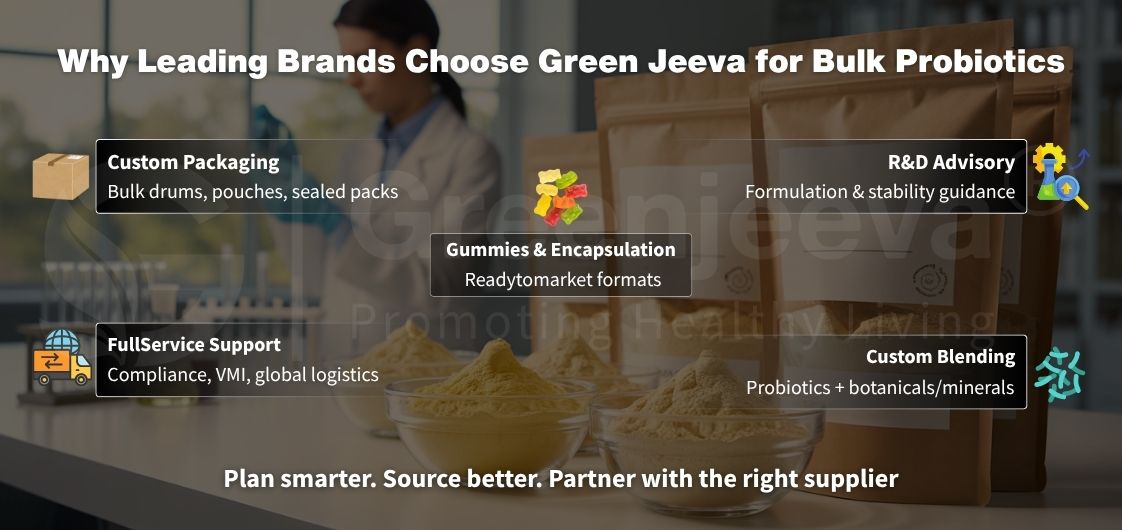
How to Choose the Right Bulk Supplier for Long-Term Partnership
Supplier Track Record & Market Reputation
Check how long the supplier has been in business, their client base, and any case studies they can share. A supplier with proven experience in B2B probiotic ingredient sourcing is more likely to meet your ongoing quality and compliance needs.
Responsiveness, Document Readiness & Logistics Capabilities
In the fast-paced nutraceutical market, supplier responsiveness can make or break production timelines. Choose a supplier that responds quickly, keeps compliance documents ready, and has established global shipping channels to deliver your probiotic ingredients reliably.
Conclusion — Making an Informed Bulk Purchase Decision
Sourcing Lactobacillus rhamnosus 200B CFU in bulk isn’t just about finding the lowest price — it’s about securing a stable, compliant, and high-performing ingredient that protects your brand and meets market expectations.
By focusing on potency understanding, quality verification, clean-label certifications, compliance documentation, pricing structure, storage best practices, and supplier reliability, you set your projects up for success.
If you’re evaluating suppliers now, request a spec sheet, COA, and sample before placing your bulk order. It’s the simplest way to ensure you’re getting exactly what your formulation needs.
Disclaimer: This content is for informational purposes only and does not substitute professional advice. Always verify ingredient suitability and compliance for your intended applications.


